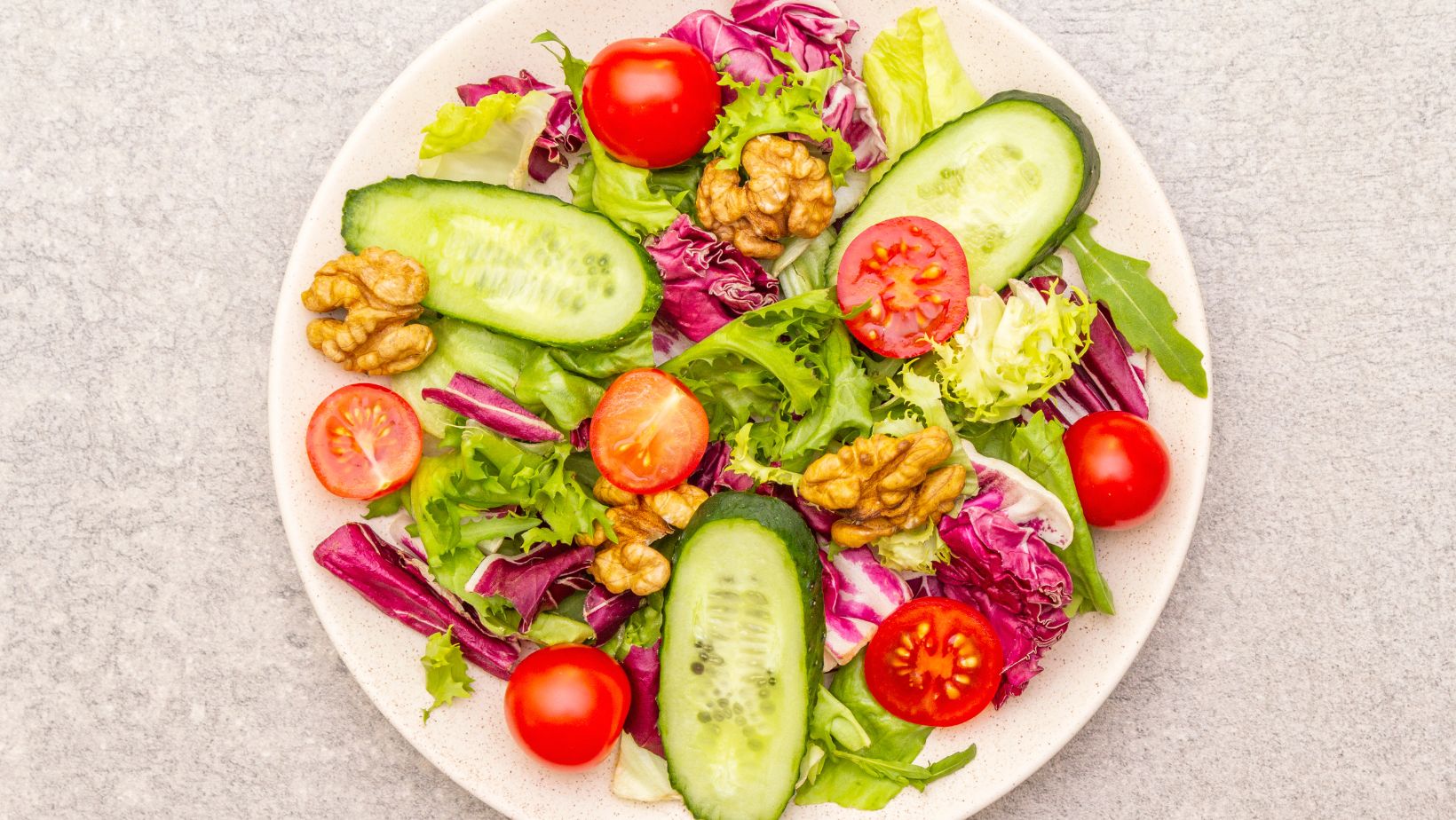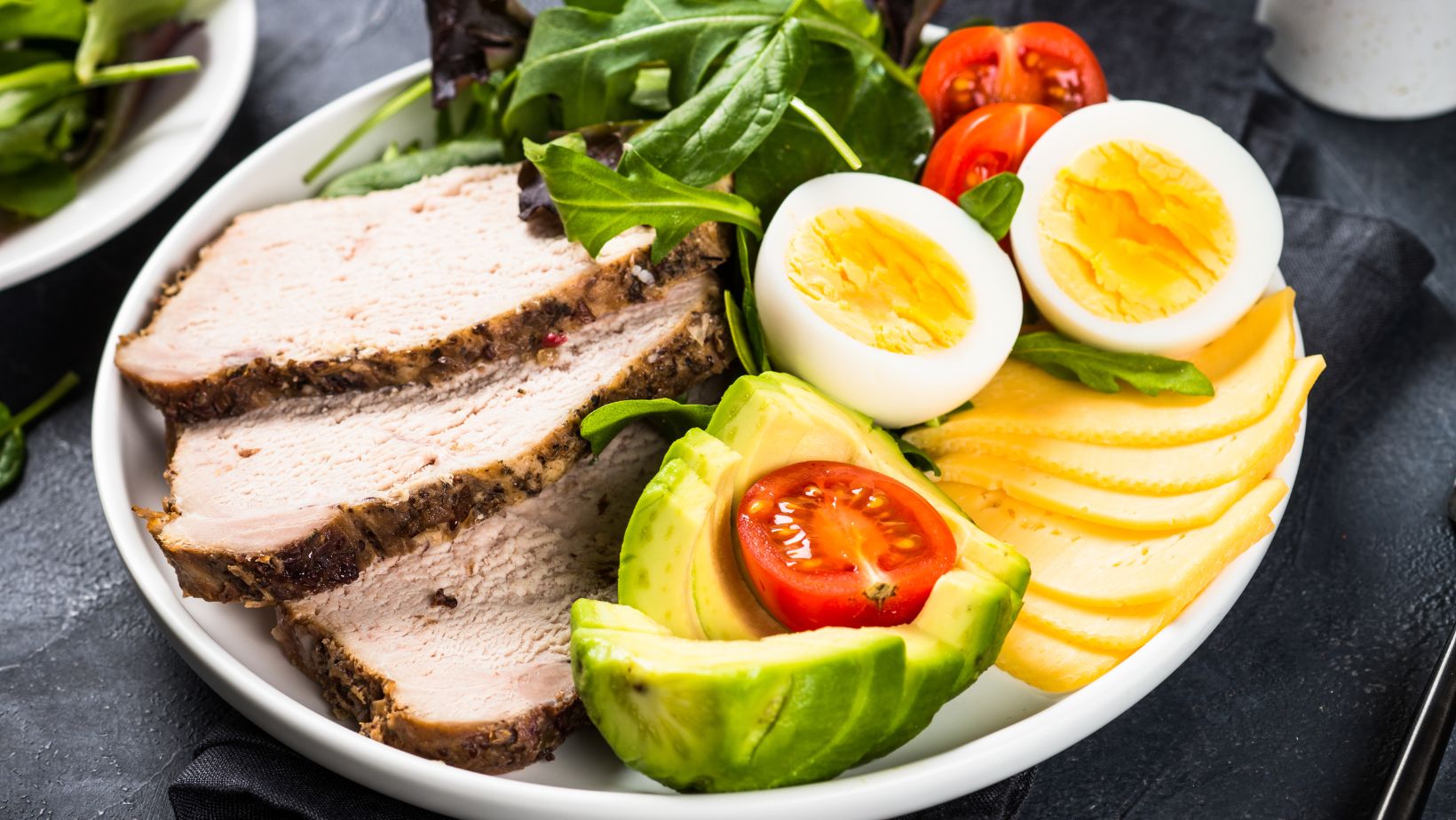
Vegan or Keto for Inflammation
Are you grappling with inflammation and wondering which dietary approach is best for managing it? Look no further! In this article, I’ll delve into the debate between a vegan and keto diet when it comes to tackling inflammation. Both diets have gained popularity in recent years, but understanding their potential impact on inflammation is essential for making an informed decision about your health.
Let’s start by exploring the vegan diet. Packed with plant-based goodness, this eating plan excludes all animal products, including meat, dairy, eggs, and even honey. Many proponents of the vegan lifestyle claim that its emphasis on fruits, vegetables, whole grains, legumes, and nuts can help reduce inflammation due to the high levels of antioxidants and anti-inflammatory compounds found in these foods.
On the other hand, we have the ketogenic diet – a low-carb, high-fat regimen that forces your body into a state of ketosis. By drastically reducing carbohydrate intake and increasing fat consumption, this diet aims to shift your metabolism from using glucose as its primary fuel source to burning fat instead. While some studies suggest that ketosis may have anti-inflammatory effects due to reduced insulin levels and decreased oxidative stress in the body, more research is needed to fully understand its impact on inflammation.
So there you have it – a brief introduction to the vegan and keto diets in relation to managing inflammation. As we dive deeper into this topic together, we’ll explore scientific evidence and expert opinions to help you make an informed choice based on your unique circumstances. Let’s separate fact from fiction and find out which approach may be better suited for alleviating inflammatory issues.
Understanding Inflammation
In my quest to uncover the best approach for managing inflammation, it’s essential to first grasp the concept of inflammation itself. Let’s dive into understanding what inflammation is and how it affects our bodies.
- What is inflammation?
Inflammation is a normal physiological response by our immune system to protect our body from harmful stimuli, such as injuries, infections, or irritants. It acts as a defense mechanism and helps in the healing process.
- The two types of inflammation:
a) Acute Inflammation: This type of inflammation occurs rapidly and lasts for a short duration. It mainly aims to eliminate the source of injury or infection efficiently. Think of it as your body’s immediate response team.
b) Chronic Inflammation: Unlike acute inflammation, chronic inflammation persists over an extended period, even when there is no apparent injury or infection. This prolonged immune response can lead to tissue damage and has been associated with various health conditions like heart disease, diabetes, arthritis, and even cancer.
- Causes of chronic inflammation:
Chronic inflammation can be triggered by several factors including:
- Poor diet high in processed foods, added sugars, unhealthy fats
- Sedentary lifestyle lacking physical activity
- Stress
- Environmental toxins
- Smoking
- Obesity
- Symptoms of chronic inflammation:
While symptoms may vary depending on individual health conditions, some common signs include persistent fatigue, joint pain or stiffness, frequent infections, digestive issues like bloating or constipation.
- Can dietary choices impact inflammation?
Research suggests that certain dietary patterns can either promote or reduce chronic inflammation in the body. Two popular approaches often considered are vegan and keto diets.
Both vegan and keto diets have shown potential benefits in reducing markers of systemic (whole-body) inflammatory processes in some studies.
However…
It’s important to note that while these diets may show promise in reducing overall levels of systemic inflammation; their effectiveness in managing specific inflammatory conditions may vary. It’s advisable to consult with a healthcare professional or registered dietitian before making any significant dietary changes.

